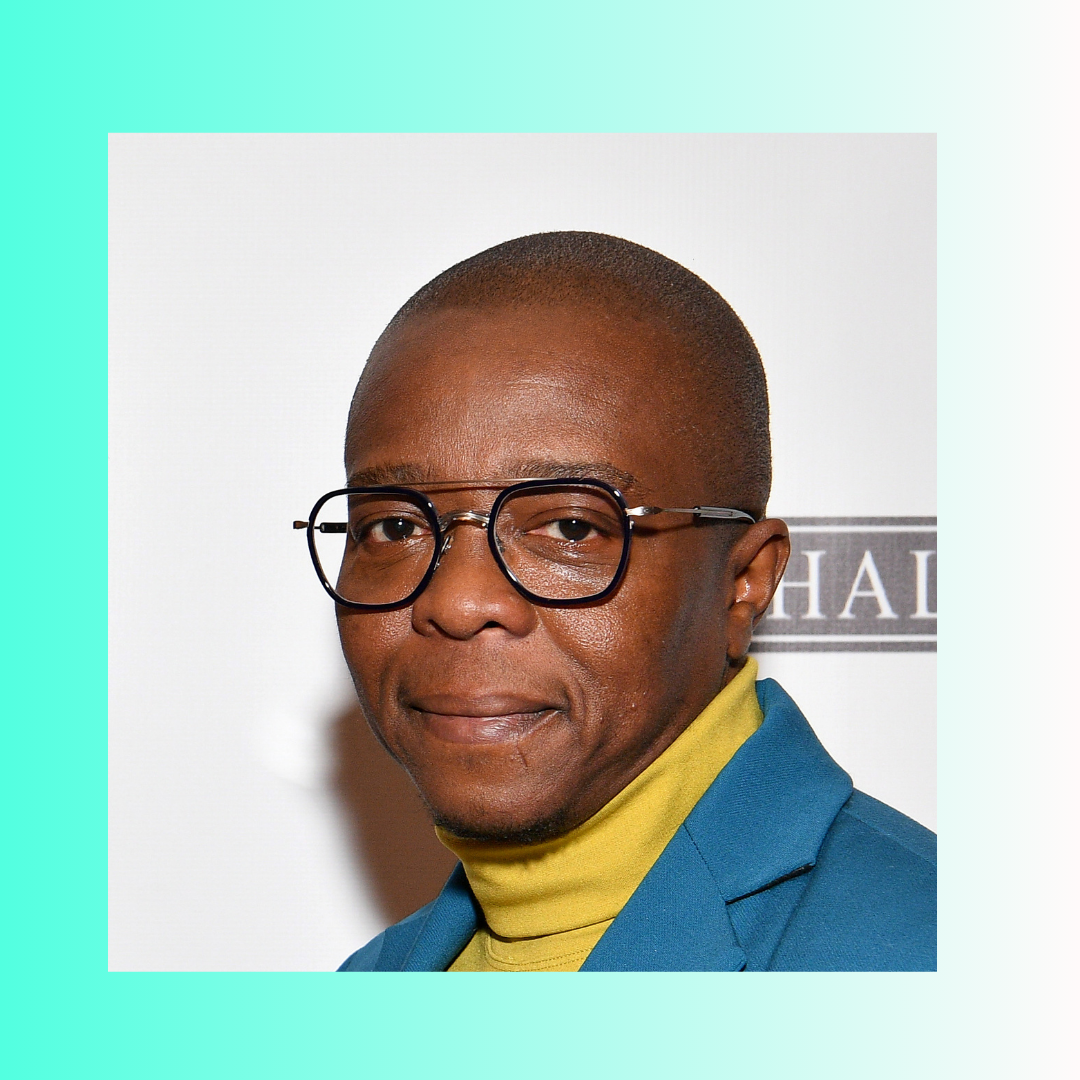*Photo credit: Getty Images
Yance Ford’s documentary Power, an investigation into 300 years of policing history, is not an easy film to watch.
But, “It is a true film,” Ford said about the doc which premiered at the 40th edition of the Sundance Film Festival. “It is an accurate film, [with] moments that are difficult.”
The film begins with a black screen, with Ford’s voice asking viewers to watch with curiosity or, at least, suspicion, which is necessary when unpacking centuries of systemic violence and indoctrination about policing.
Entertainment with an edge
Whether you’re into indie comics, groundbreaking music, or queer cinema, we’re here to keep you in the loop twice a week.
“I want audiences to question their own relationship with police,” Ford said. “Think about positionality in relation to policing. Think about whether or not policing is working for you, personally. Ask the question: ‘Is policing working for the vast majority of Americans?’ I think that if you’re honest in answering that question, you would say ‘no’.”
While tackling the dense history seems insurmountable, Ford diligently takes viewers on an intricate history lesson that draws connections with ease. It’s as quick as police investigator Charlie Adams pointing out that police still use the word “patrol,” deriving from slave patrols.
It becomes clear that there isn’t a singular point of origin where police came to exude untouchable power. Through colonialism, and in turn seizing land from Indigenous people, patrolling enslaved peoples, and managing class order, the genesis of over policing and unchecked power began.
“That kind of treatment has been deployed against different communities over a span of centuries, but always with the same goal,” Ford says. “Containing and controlling people and preserving and protecting properties.”
People need to start thinking about police power, how it is deployed and to what end. And that’s just a starting point for the conversation, I hope.
The film explores how discriminatory and violent policing practices expand beyond race. Historically, immigrants, particularly Irish immigrants, were seen as non-white. It wasn’t until the end of slavery, that “racial bribery” was offered to European immigrants as a way to decimate class solidarity.
In the doc, Julian Go, professor of sociology at the University of Chicago, said, “These modern police departments that started in the 19th century were founded in response to people in American society who were seen as different and other.”
Today, this over policing of the “other” extends to the queer community. Misgendering transgender and gender non-conforming people, creating harmful rhetoric, and labeling queer people as deviant or dangerous parallels how the film explains how the “white imaginary” constructs Black people as dangerous and disorderly.
Another film participant explains how marginalized groups are seen as a contagion that will infect others, so the goal of the police is to force them back in their place. Laws are being proposed across the United States to ban queer literature and history, limit queer peoples rights and delegitimize gender identity. Whether policing of queer bodies is enforced by law enforcements or legislatures, this urge to control is prevalent.
Ford said it was ironic we spoke on the morning that Colman Domingo was nominated for his role in Rustin, making history as only the second time a gay actor had been nominated for playing a gay character.
Related:
Colman Domingo & Jodie Foster made Oscars history, but queer stories got snubbed
The Oscar nominations brought plenty of good news for queer representation — but plenty of disappointment, too.
“Representations of queer community has largely been out of our hands,” Ford, who is a Black transgender man, said. “For the course of cinema history, it’s not been something that’s been authored by queer people.”
“We have been subject to people’s idea of queerness, people’s idea about transness, and not necessarily informed by experience or even knowledge of a community or even personal relationships. We’ve largely been figments of cinematic imagination and not so much authors of our own representation. That’s one of the things that really needs to change.”
Although the film centers on difficult topics like police brutality and racism within law enforcement, its content is packaged with care. Graphic scenes are carefully curated to retain impact, but minimize trauma.
Instead of showing the killing of George Floyd, he is blacked out. What the viewer can see are the bystanders begging the cops to stop, and the police’s nonchalant and unbothered response. Another video shows the start of an encounter with an officer tasing a woman in a car. Rather than continue to show it, the audio of the encounter eerily remains as a clip of a cop from the 1950s greeting his family plays.
Power is dense with historical context, archival footage, commentary from professors, professionals, and people with personal connections to policing. There is a dreaded feeling of unease when watching this film, as how deeply rooted the violence and power of the institution is revealed. The film promotes knowledge, but maybe more impactful, organically creates questions for viewers to ponder. At one point in the film, Ford narrates: “When you contain and control people for a living, what does that power do to you?”
“Police have just flat out way too much power in our society,” Ford said. “It is a danger to our democracy. People need to start thinking about police power, how it is deployed and to what end. And that’s just a starting point for the conversation, I hope.”
Power is available now on Netflix.
–
Kelsey Brown is a Black queer writer based in Sacramento, California. Her work often explores the intersections of race and gender in culture and the environment. Brown’s words and photos have been published in Insider, Brown Girls Doc Mafia and Prism Reports.
Related:
12 Black LGBTQ+ Gamechangers You Should Know
Check out a few Black LGBTQ+ folks changing the game in sports, entertainment, politics, and fashion that you should know.
Don't forget to share:
Help make sure LGBTQ+ stories are being told...
We can't rely on mainstream media to tell our stories. That's why we don't lock our articles behind a paywall. Will you support our mission with a contribution today?
Cancel anytime · Proudly LGBTQ+ owned and operated
Read More in The INTO Interview
The Latest on INTO
Subscribe to get a twice-weekly dose of queer news, updates, and insights from the INTO team.
in Your Inbox















